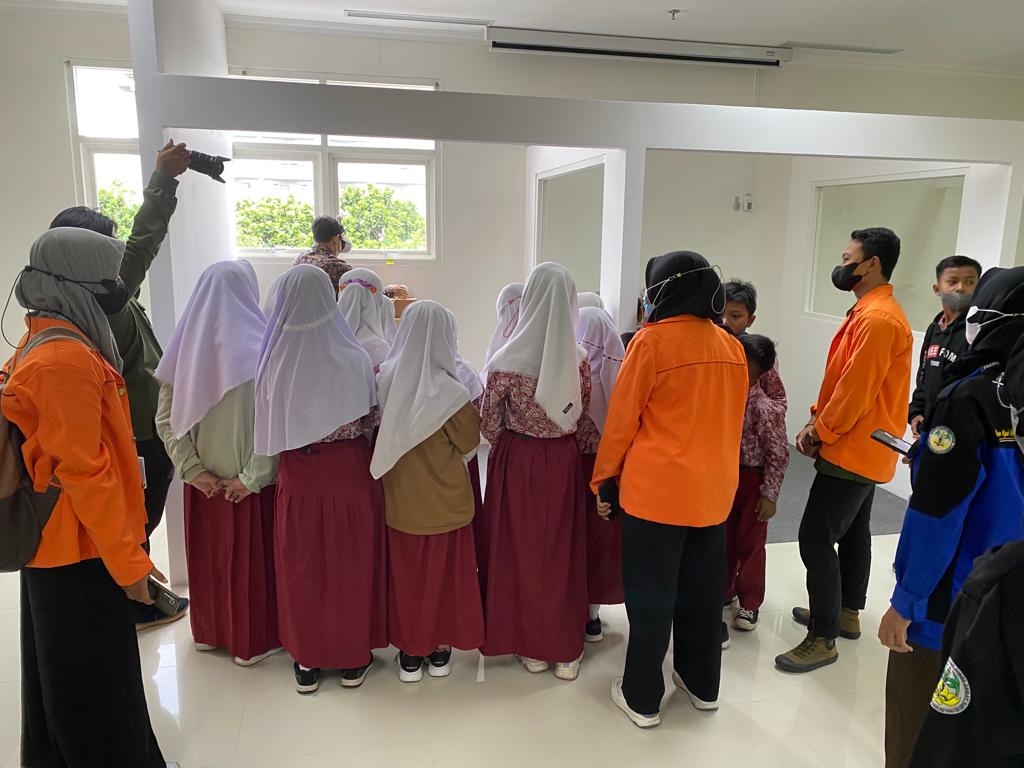The project aims are aligned with the UNSDGs which have been adopted by Indonesia, the EU and the UK.
The UNISDR report on the “Disaster Risk Reduction and Resilience in the 2030 Agenda for Sustainable Development”, points to the central role of schools in providing disaster education and in serving as centres to coordinate response and recovery efforts. Higher Education Institutions (HEIs) have stronger networks within the public and private sector and with local, regional and international communities.
This places them into a unique position to not only act as catalysts for research and educational initiatives, but also to mobilise networks, resources and specialist expertise in the event of emergencies and during recovery phases. This position is strengthened through their capacity to contribute to knowledge transfer, scenario planning, post-assessments and impact studies, curriculum development and innovative research initiatives to improve all aspects of disaster resilience.
As socially responsible organisations, HEIs have a duty to reflect on how their educational strategies, research and business development activities, engagement with stakeholders and their institutional governance relate to the SDG disaster risk reduction targets. Moreover, HEIs are typically large organisations with a duty of care towards their students, staff and associated communities and whose activities contribute substantially to local and regional socio-economic development.
By design, the BUiLD Disaster Resilience Framework supports several SDGs. The development of curriculum standards for disaster management education (WP2.3) is aimed at enhancing academic disaster resilience education. Beyond that a programme of disaster prevention days and a virtual reality disaster awareness training programme (WP2.2) are aimed at making such training accessible to community groups with limited or no access to university education. This directly links to SDG4, the provision of quality education – and SDG10 – reduced inequalities.
By emphasising community outreach activities (WP2.4) and by contributing to the creation of support mechanisms for disaster mitigation and response interventions (WP2.1), the BUiLD project contributes to SDG11, sustainable cities and communities. Through the development of strategic partnerships at local, national and international level, the activities of the BUiLD project are directly aligned with SDG17, the strengthening of global partnerships for sustainable development.
By creating a networking platform for research, knowledge transfer and innovation in disaster management, the BUiLD project contributes, through the collective research expertise held by partners, also to SDG3 – Good Health and Wellbeing, SDG 9, industry, innovation and infrastructure, SDG13, climate action.
To effectively contribute to the aspirations of the SDGs during and beyond the implementation phase, the governance structures developed for the CoEDRs, the BUiLD Disaster Resilience Network MaTTa Benacana (WP2.4) and the project itself were designed based on core principles of resilience and sustainability planning, i.e. systems thinking, multi-stakeholder integration, adaptive governance and scalability.
By extension, the same principles have informed curriculum development and strategies for research and knowledge transfer. The register of project dissemination activities as well as activity registers submitted by partners as part of institutional action plan provide several examples of activities in support of the listed SDG and an ongoing endeavour to form relevant partnerships at local as well as network level.

